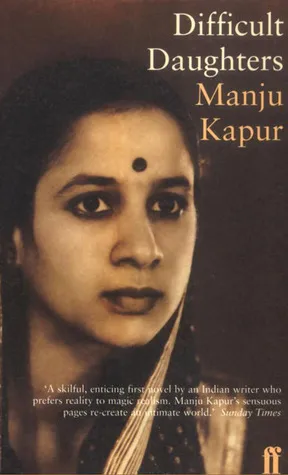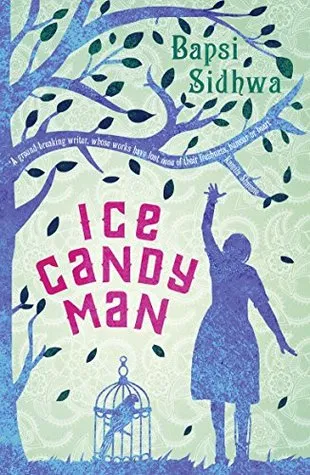Paper IV Partition Novel Sem V
Partition Novel:
The long fight for India’s independence from the British Raj, which commenced with the Indian Mutiny of 1857, gained momentum after World War II. However, India’s desire for self-governance was coupled with severe inter-communal disharmony. The Indian National Congress and the Muslim League could not reconcile their views, which further added to the chaos ensuing escalation of sectarian violence. So in the year 1947, when the British finally left India, the country was divided into two independent nation-states — India and Pakistan.
Partition literature is a nuanced depiction of the tragedy of Partition, a period in India’s history that is very hard to make sense of. It is an amalgamation of history, conflict studies, border studies, and politics. The multi-layered dynamics of the Partition of India, not only the political but also its metaphoric and symbolic relevance and ramifications, are remembered and revisited from multiple angles in Partition literature. Its end goal is to go beyond and debunk when necessary the standardized, unidimensional narrative of India’s Partition that has been commemorated by the state.
The literary portrayal of the Partition of India brings into the limelight the plurality of human experiences. It also contests the arbitrariness of a nation and explores in-depth issues of class, gender, religion, ostracization, and the meaning of existence. The fragility of our humanity and the lows we are willing to stoop to come alive in the pages of fiction, once again urging us to assess the concept of civilization itself. Partition literature humanizes the anguish of the ones who got removed from their places of worship, who boarded trains hoping to reach “home” only to lose their lives to mass hysteria, and those who had to turn against their beloved neighbors to survive.
There are few examples and product of Partition literature:
TRAIN TO PAKISTAN BY KHUSHWANT SINGH
This is the story of a village where Sikhs and Muslims have coexisted peacefully for ages. But overnight, everything changed, and the villagers found themselves amidst an abyss of religious hate. This novel also has a love story between a Sikh boy and a Muslim girl blooming in the background, a love that transcended the pettiness of sectarianism.

DIFFICULT DAUGHTERS BY MANJU KAPUR
With the Partition of India as its backdrop, this book talks about unfulfilling marriages, complicated familial relationships, and the position of women in a society bent on exploiting them. Intelligent and empathetic, it draws the readers into a world where women’s existence is synonymous with perpetual plight.

ICE CANDY MAN BY BAPSI SIDHWA
Lenny, our child narrator, put forward the complicated and shifting political repercussions of the Partition of India. The abduction of her beloved nanny turned her life upside down. This coming-of-age novel is an exceptional exploration of sexuality, love, class hierarchy, and women’s role in the grander scheme of things.
Comments
Post a Comment